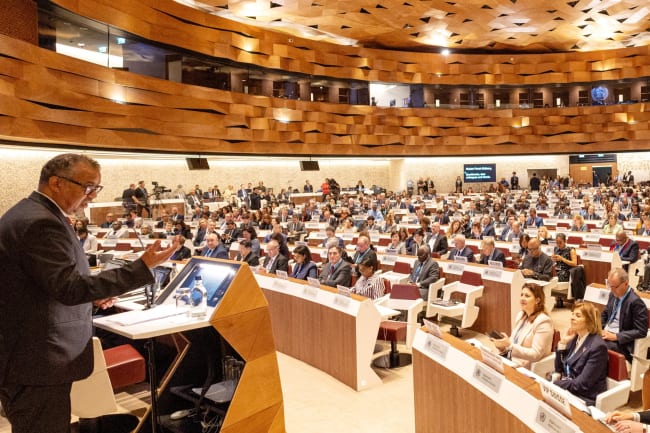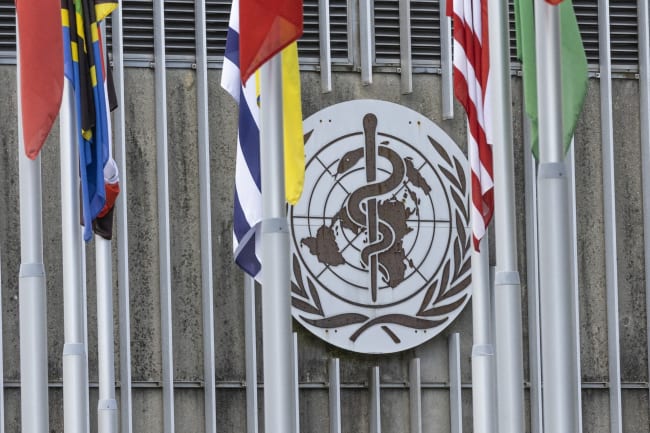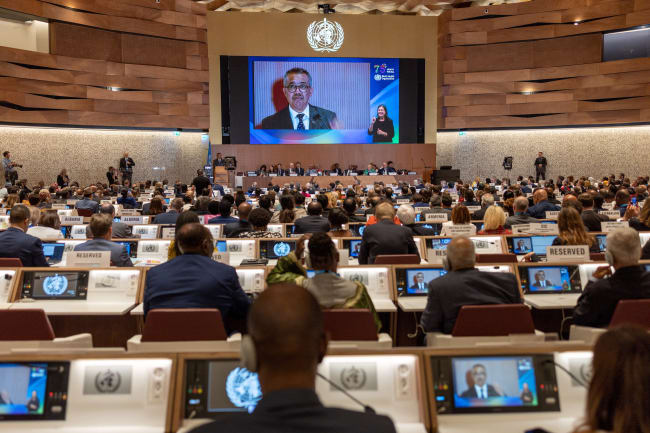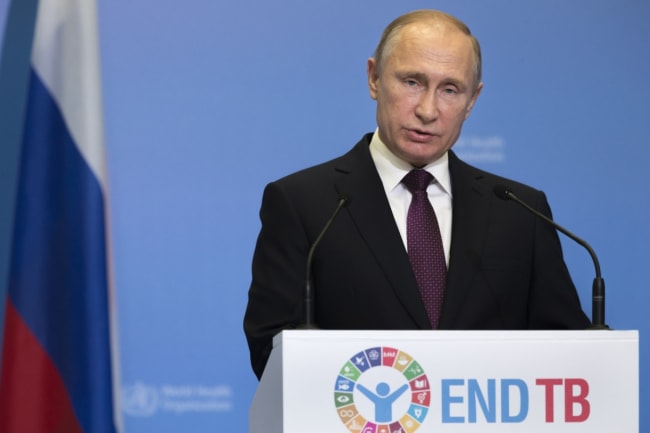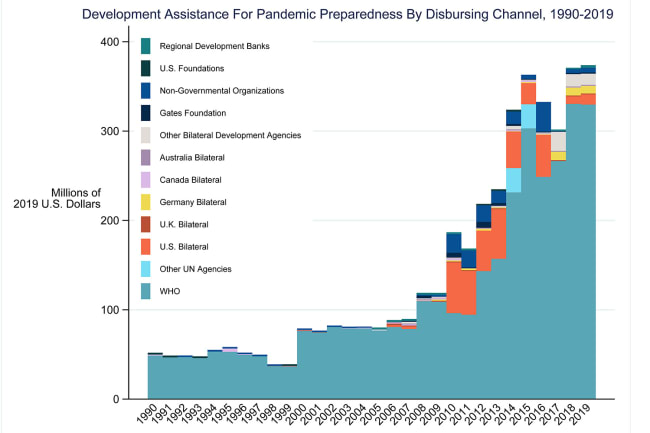International Health Regulations
Governance
Governance
The G7 Exposed the Health Dangers of a Multi-Crisis World
The latest G7 summit revealed the expanding gap between health threats and policy solutions in a world of many crises
Governance
Governance
The Amendments to the International Health Regulations Are Not a Breakthrough
The major amendments misdiagnose problems that arose during COVID-19 and create processes that paper over disagreements


